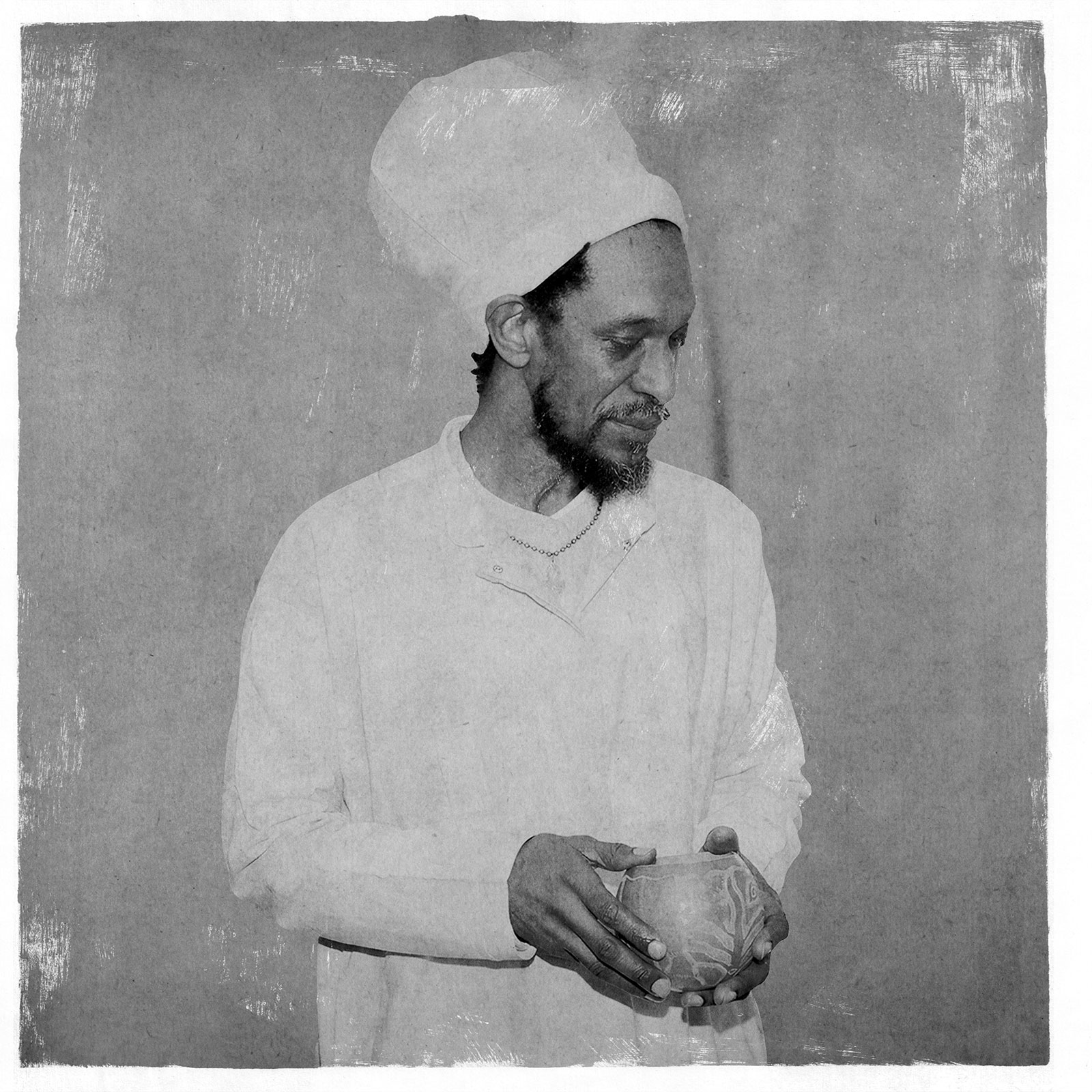Originally released in 1985, Song of the Motherland is a dub-poetry album released by spoken word artist AnkAnum, formerly known as Anum Iyapo. It has been regarded in some circles as a lost classic, and from listening to the heady spoken word and rhythmic percussion on display, it does provide a certain kind of timeless draw.
This re-release comes courtesy of AnkAnum’s son, a certain Shabaka Hutchings who is putting it out on his Native Rebel label. Released to coincide with Africa Day, the album combines the highly political yet spiritual spoken word, with what has been described as ‘pan-African ritual music’.
The record could be seen as bit of an unearthed curio. A sort of time capsule from another period. But that would ignore the timeless qualities that permeate this record.
In the age of digital music, cultural time has been compressed. We can access a vast archives of videos, recorded music and other cultural content at any time. This phenomenon can mean that re-releases of out-of-print records don’t so much feel like accessing something from a different era as just another musical discovery.
AnkAnum is a Rastafarian who came to the UK from Jamaica as a child. The album is an exploration of themes of black liberation, Pan-Africanism and spiritual enlightenment. It explores gross historical and contemporary injustices and calls for freedom.
Created with a backdrop history, but imbued with both a political and personal understanding of injustice, mistreatment and discrimination – the record is both a rallying cry and a passionate meditation on identity, culture and freedom.
The opener Liberation Chant sets the tone with its shouts of “Africa Must Be Free”, which cut through a swirling brew of percussion and harmonised vocal backing. Throughout, the backings for the poetry can sometimes be somewhat skeletal as on tracks like “Bread of Sorrow” and “Iko”. The poetic form sitting front and centre and everything else acting as a pedestal to raise up the words.
Right at the centre of the album sits the title track, which reverberates with the album’s central themes of unity between and justice for all people of African descent. On it, he intones, “I am your future, I water the flower of your past”, before adding “I was your song of unity, but know that you are far flung, you are withered and dismembered, but you shall bloom again”. This is a prime example of his words, rich with allegory and touched not only by the weight of history and past experience, but by fiery opposition and freedom.
The title track also offers a direct line of connection to Shabaka’s own wonderful album Perceive Its Beauty, Acknowledge Its Grace. Ankanum (credited as Anum Iyapo) reprises the poem for his son’s album closer – albeit for a rendition that brings a different complexion to the words, with Shabaka’s drum-less instrumental behind them, buffeted by the graceful tones of flutes and harp. His delivery is gentler and more world-weary, but no less passionate.
The connection between this record and Shabaka’s own speaks to the reverence for which the son has for his father’s work. Known primarily as a graphic artist, designing numerous album covers for dub albums, the poetry and music of AnkAnum should not be overlooked. Shabaka has used his pioneering label Native Rebel, not only to bring back a record of personal significance and historical interest – but one of contemporary relevance and timelessness. Hopefully it will reach a new audience and rekindled recognition.


